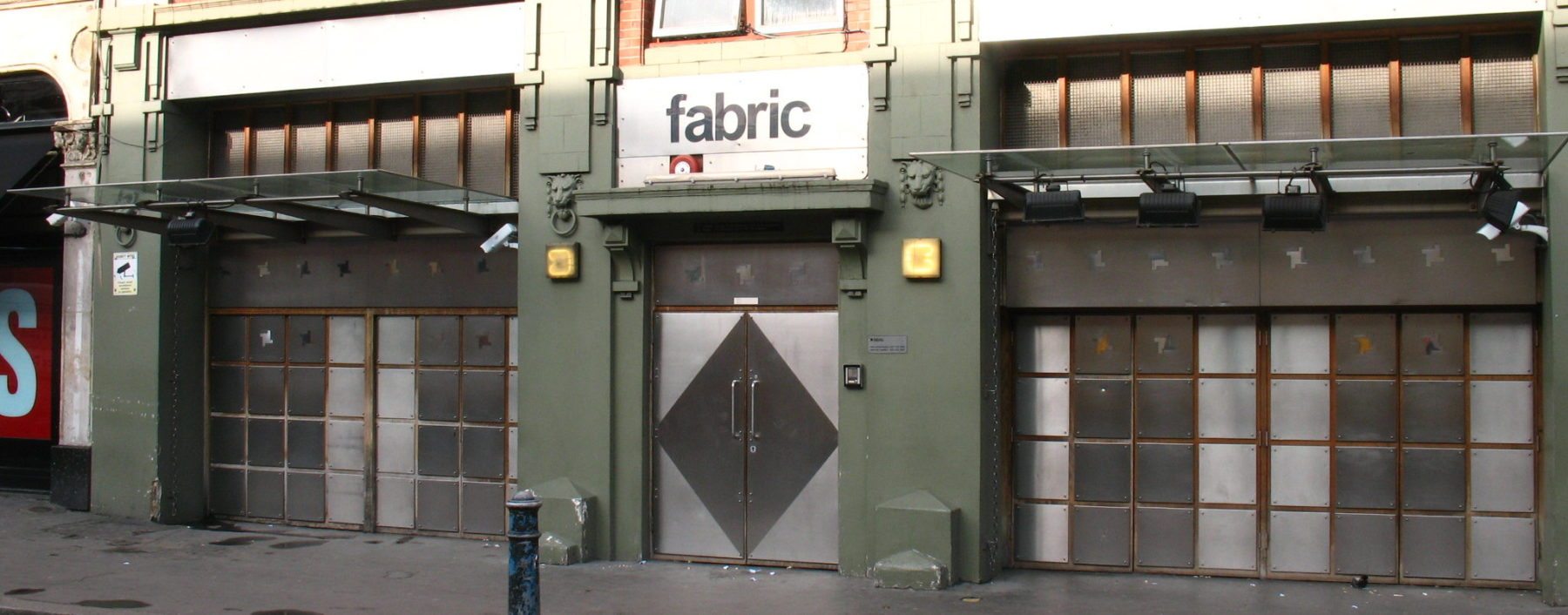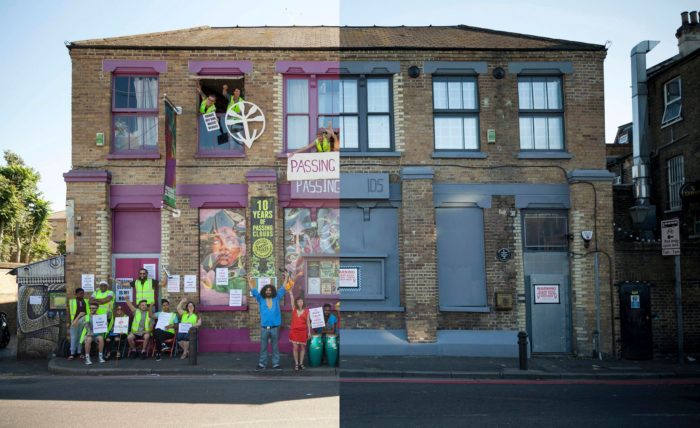Killing them softly: the demise of London’s night culture
Whether you’re from the there or are sick to death of hearing about it, it’s a truth commonly acknowledged that Londoner’s like to brag. Culture, landmarks, diversity- nightlife, it’s combination that supposedly gives us the right to proclaim London “the coolest city in the world”, whether coming from Sadiq Khan’s lips or the annoying convert who’s “never living anywhere else”, safely in the knowledge of being vindicated by notching the coveted no.1 city break spot on TripAdvisor year upon year.
“With typical London stoicism, its been a problem that many citizens have accepted as part of the inevitable evolution of the city and a ramification of the nasty but necessary G-word: gentrification.”
Recently, however, this bravado has been harder to justify, sounding more like hot air than fact. The last 8 post-crash years have seen 50% of London nightclubs and 40% of it’s live venues close up shop. With typical London stoicism, its been a problem that many citizens have accepted as part of the inevitable evolution of the city and a ramification of the nasty but necessary G-word: gentrification. The unsettling revelation however, that this is a crisis from which even iconic names such as Fabric and Ministry of Sound- to many as intrinsic to London’s appeal as the Eye or Big Ben- cannot protect themselves, has brought it to the forefront of the city’s consciousness.
As with many of the issues facing this country, London’s dying club scene is no simple matter, finding itself in the crosshairs of a nefariously difficult cocktail of issues. Fabric’s closure, purportedly for irresponsible security and drug policy, ironically roused the condemnation of drug charity Transform, who rightfully pointed out that any drug related issues start and end outside the prerogative of the club’s security measures. From personal experience I can say Fabric has one of the strictest search protocols I’ve ever experienced, so much so that the constant authoritative presence of the security resulted in it coming off more like a prison disco than a club (no Jailhouse Rock though). The alternative for younger club-goers who will inevitably continue to take drugs is far worse- the city has seen a substantial increase in squat raves where, often with little to no security, certainly no medical staff and sometimes no access to water, drug deaths become far more commonplace but with no system to reform or name to hold accountable.
“As the West End remains an overpriced and bleak death knoll for the rest of the city, clubs in more residential areas continue to face insurmountable pressure and regulations.”
Property, also hot on lips for anyone in capital these days, is perhaps the largest single determining factor in whether a site is more valuable as a cultural hotspot, or the latest in a durge of incredulously inaccessible (and most likely beige-bricked) luxury housing. The protracted struggle of Passing Clouds, one of few venues that actually lived up to East London’s burgeoning ‘cool’ reputation, is a perfect case study of property’s unregulated kingship. The community venue, this summer celebrating its 10th anniversary, has been a hotbed of eclectic musical and artistic activity. Not just a club, the space plays host to community meals, film screenings and workshops and incredibly mixed clientele makes it cornerstone of Hackney’s diverse community. All of this, however, has been deemed secondary to the financial interests of proprietor LandHold developments to develop the land into flat and office space, a decision that a 15,000 strong petition, unanimous disapproval across the political divide (including several MP’s and the Mayoral office) and a series of protest’s aptly named ‘March for London’s Dead Culture’ have been powerless to prevent.
As the West End remains an overpriced and bleak death knoll for the rest of the city, clubs in more residential areas continue to face insurmountable pressure and regulations. Local favourite Dance Tunnel opened its doors for the last time this August, due to rising rents and impractical restrictions on noise and opening hours from the locals, who, having presumably moved to East London for its cultural vibrancy, are now instrumental in its destruction. This also has serious implications for the apparent eclecticism of London’s clubbing scene: if the most profitable clubs are those that (aside for charging £9 for a double) cater to the lowest common denominator, we will be left solely with drab, commercial clubs serving drab and commercial music.
At a recent visit to the increasingly popular XOYO, clubbers are repeatedly silenced and pointlessly re-arranged by security in a vain attempt to conform to similar restrictions. Not only, as a friend commented does it feel like “being back at school”, its embarrassing to think this is what visitors who travel to London for its renowned nightlife are experiencing.
“The sheer scale and rate at which London is hurtling toward cultural sterility suggests a more latent, attitude-based concern.”
Yet whilst superficially drugs, increasing rents, noise levels appear to be good enough, or at least understandable reasons for individual cases, the sheer scale and rate at which London is hurtling toward cultural sterility suggests a more latent, attitude-based concern. After all, we can hardly be surprised or blame property companies for putting their financial interests above those of the community. What we should be ashamed at is the lack of legislature that leaves the voices of so many utterly unsupported when it comes to fighting those interests.
Whilst it was mildly entertaining to watch him experiencing a wedgie of a lifetime stuck on the Olympic zipwire, Boris Johnson’s legacy leaves us with a city totally vulnerable to corporate interests, and a population whose sense of disenfranchisement leaves them generally apathetic. Whilst it’s certain the battle for London’s club culture is by no means over, with promising commitments from incumbent mayor, the hardest truth to accept may be that it’s one we are just not fighting hard enough.




Comments